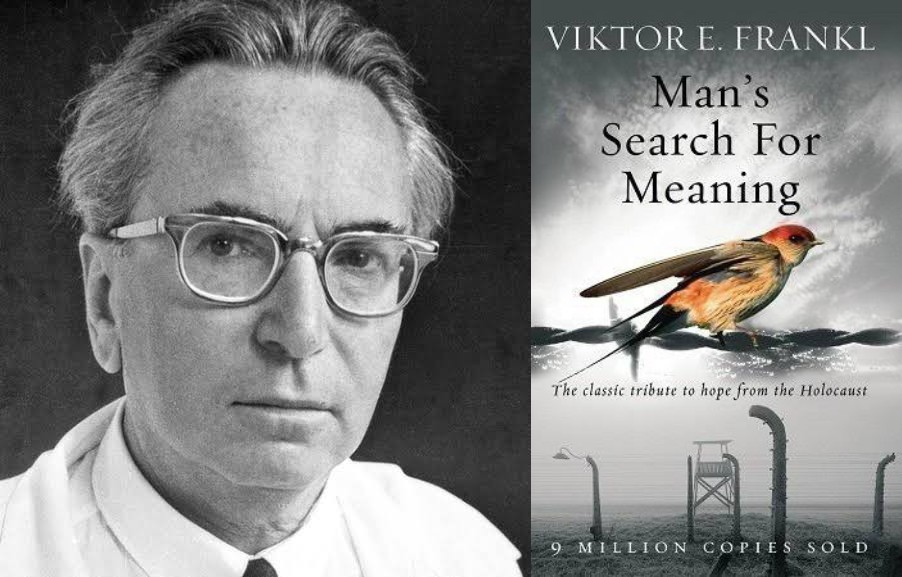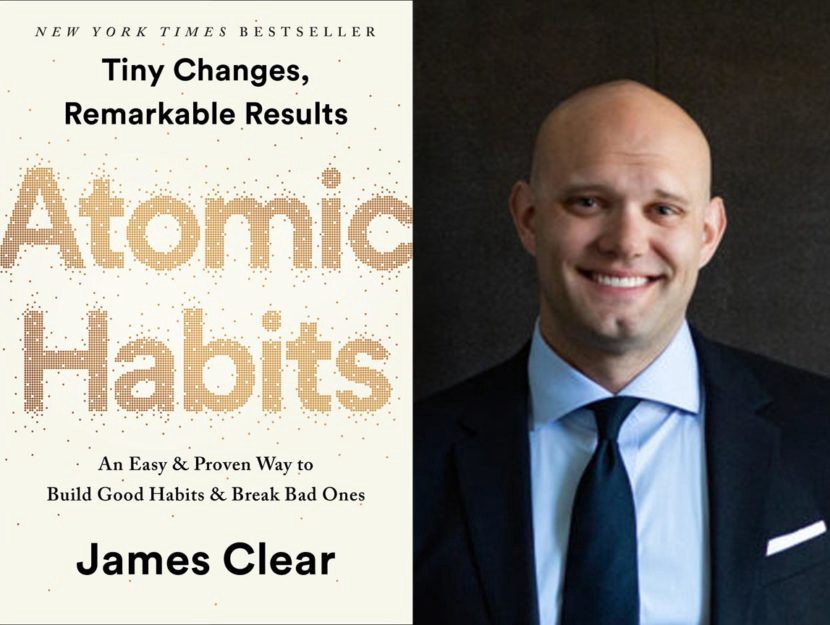5 Books to Improve Your Decision-Making
You make decisions every day, some little, like what to eat for breakfast, and others major, like deciding on an investment plan or career path. Some decisions are easy to make, while others may be intimidating. The good news is that you can improve your ability to make decisions. Learning from professionals in leadership, economics, and psychology may help you reduce uncertainty and achieve better results. This post will discuss five influential books that might help you make wiser choices in your life, career, and relationships.

1. Thinking, Fast, and Slow by Daniel Kahneman
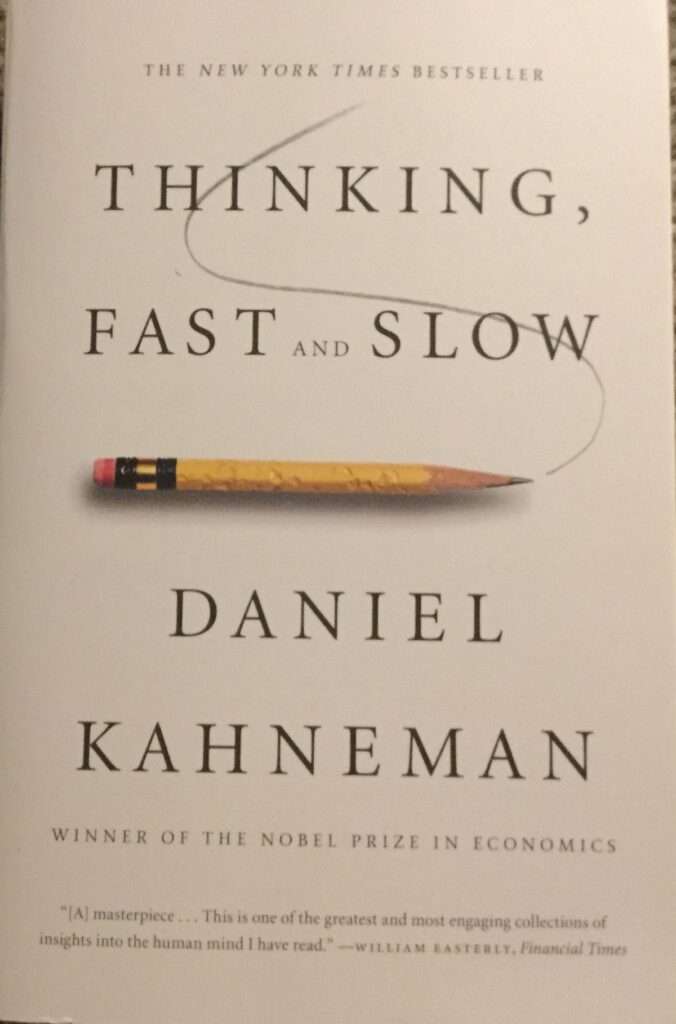
The Significance of This Book
Daniel Kahneman, a psychologist who won the Nobel Prize, explores the two thought processes that influence our decisions
System 1: is quick, emotive, and instinctual.
System 2: methodical, slow, and rationalThis ground-breaking book illustrates how cognitive biases frequently cause us to make mistakes.
How It Aids in Making Decisions
Through comprehension of the pitfalls of overconfidence, anchoring, and availability bias, readers are able to challenge their preconceived notions. Kahneman illustrates how slowing down may result in more intelligent decisions with examples from everyday life, such as financial investment or bargaining.
Ideal For: Individuals seeking a profound psychological understanding of the reasons behind their decisions.
2. Decisive: How to Make Better Decisions in Life and Work by Chip Heath and Dan Heath
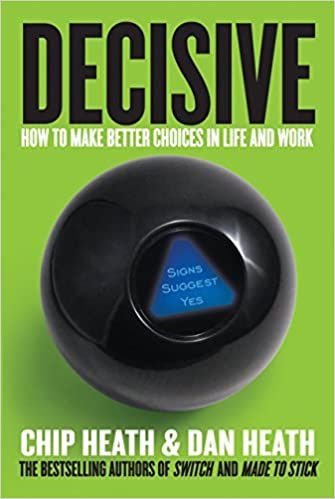
The Significance of This Book
Known for their captivating business books, the Heath brothers address one of the most prevalent problems: indecision. They name limited framing, confirmation bias, short-term emotion, and overconfidence as the four evils of decision-making.
How It Aids in Making Decisions
The WRAP framework is introduced in the book:
Extend your choices
Test your preconceptions with reality.
Get some distance before making a decision.
Be ready to be incorrect.You may think about more options and avoid making snap conclusions by using this methodical technique.
Ideal For: Leaders and professionals who want useful resources to enhance their personal and professional decision-making.
3. “Predictably Irrational” by Dan Ariely
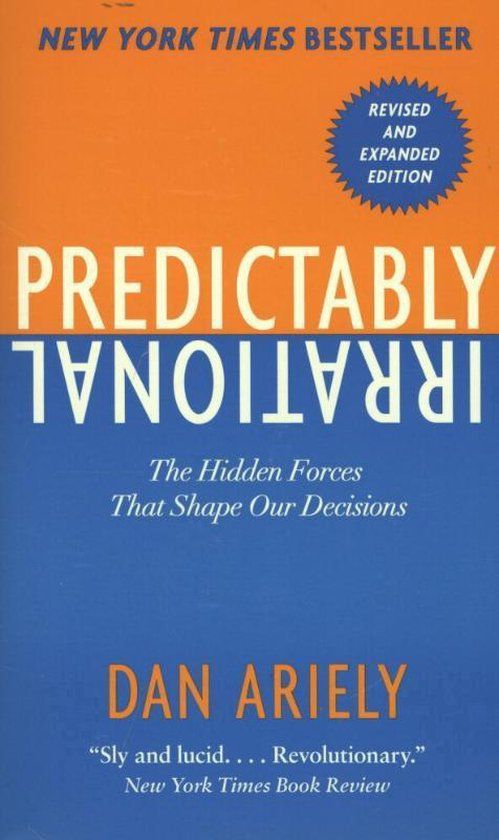
The Significance of This Book
Dan Ariely, a behavioral economist, reveals the unconscious, frequently illogical factors that affect choices, such as emotions, social conventions, and price. In contrast to Kahneman, Ariely uses humorous writing and oddball experiments to make the lessons simple to understand.
How It Aids in Making Decisions
Readers can steer clear of pitfalls like these by identifying trends in human irrationality:
Spending extra on name brands when the quality is the same
In talks, allowing feelings to take precedence over reason
Getting caught up in the "free" effectThis information is very useful for everyday financial and personal decisions; it is not only academic.
Ideal For: Anyone looking for an entertaining yet perceptive manual on how human behavior influences choices.
4. The Paradox of Choice: Why More Is Less, by Barry Schwartz
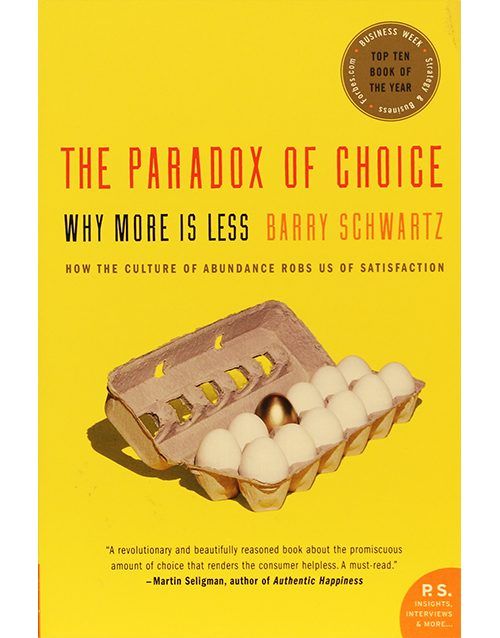
The Significance of This Book
In a world with countless alternatives, such as streaming services and job openings, having more options does not necessarily translate into making better choices. According to Barry Schwartz, having too many options can lead to discontent and decision paralysis.
How It Aids in Making Decisions
Schwartz explains how to strike a balance between the necessity for simplicity and the freedom of choice. His useful advice, including establishing “satisficing” criteria rather than striving for perfection, eases decision-making anxiety.
Ideal For: People who desire clarity in their daily decisions and feel overloaded with possibilities.
5. Superforecasting: The Art and Science of Prediction, by Philip E. Tetlock and Dan Gardner
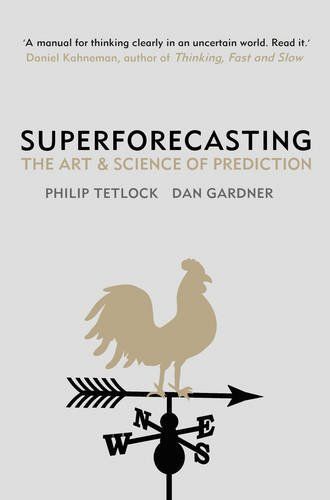
The Significance of This Book
Predicting future events is a major factor in some decisions. The Good Judgment Project’s findings, which showed that average people could forecast global events more precisely than experts, served as the basis for this book.
How It Aids in Making Decisions
The writers demonstrate how to get better at predicting by:
Dividing issues into smaller components
Changing opinions when new information becomes available
Embracing probability and avoiding dogmatic thinkingLeaders, investors, and anybody else making long-term strategic decisions need to know these strategies.
Ideal For: Individuals who wish to develop their critical thinking skills and make data-driven decisions.
Why Do These 5 Books Work Together?
These books all address different aspects of decision-making:
Book
- Fast and Slow Thinking and Decision-Making
- Irrational in a predictable way
- Choice Superforecasting’s Paradox
Core Focus
- Biases and cognitive psychology
- Effective frameworks
- The study of behavioral economics
- Decision-making that is straightforward
- Foresight and predictive thinking.
Key Benefits
- Identify mental shortcuts
- Repeatable, structured decisions
- Steer clear of social and emotional pitfalls.
- Minimize regret and overwhelm
- Make decisions with the future in mind.
When combined, they provide a comprehensive toolset for more intelligent, composed, and self-assured decision-making.
How to Put What You Learn Into Practice
Start Small: Apply the skills learned to routine decisions like scheduling or shopping.
Before choosing to avoid bias, consider your first instinct.
Reduce Your Options: Before making a decision, reduce your options to three to five qualified applicants.
Accept Probabilities: Since nothing is ever completely certain, consider the likelihoods.
Examine Previous Choices: Consider the results to determine how biases influenced your reasoning.It takes a lifetime to make better choices. To help you think more clearly and make better decisions, these five books—Thinking, Fast and Slow, Decisive, Predictably Irrational, The Paradox of Choice, and Superforecasting—combine economics, psychology, and useful tools.
Gaining proficiency in decision-making may change both your personal and professional life, regardless of your status as a professional, student, or business owner. You’ll see a positive change in how you approach decisions, both major and little, if you choose to start reading one of these books today.

